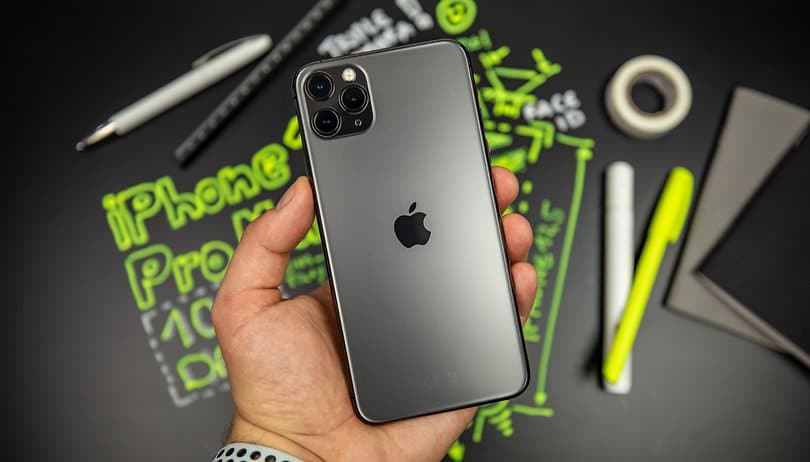In recent days, the WeChat chat app has also made headlines alongside TikTok. The reason was the same in both cases: a possible ban by the US government. Apple analyst Ming-Chi Kuo now explains the effects such a ban could have on iPhone sales numbers.
As MacRumors reports with reference to the analyst, a ban on the WeChat app from Apple’s App Store could cause worldwide iPhone sales to drop by 25-30%. But it could also have an impact on other Apple devices. Here, a ban could lead to a drop of 15 to 25%.
In his report, however, Mr Kuo makes a distinction between two different cases. The numbers mentioned above represent the worst-case scenario, if the app were to disappear completely from iPhone and iPad. Apple could also ban the app, which is extremely popular in China, only in the United States, while it would continue to be available in other regions as before.
The current wording of the sanctions prohibits any transaction between US companies and WeChat or the company behind the chat app, Tencent. However, observers expect these conditions to be changed.
If this were the case, Apple’s global iPhone shipments would only decline by 3-6%. The impact on other products would be less than 3%.
Although Apple hasn’t released concrete sales figures for the iPhone for some time, the Chinese market is extremely important to the California-based company. In the last quarter, for example, the revenue share from China was around 15%.
US sanctions against WeChat: possible conditions adjustments
If this were the case, Apple’s global iPhone shipments would only decline by 3-6%. The impact on other products would be less than 3%.
Although Apple hasn’t released concrete sales figures for the iPhone for some time, the Chinese market is extremely important to the California-based company. In the last quarter, for example, the revenue share from China was around 15%.
On August 6, 2020, the Trump administration announced a full-scale attack on TikTok and its parent company ByteDance as well as WeChat and Tencent. However, the new sanctions are not expected to come into effect until September 20, 2020.
Many details could still change by then. For example, the potential sale of TikTok to Microsoft could impact the executive orders of the US president.


